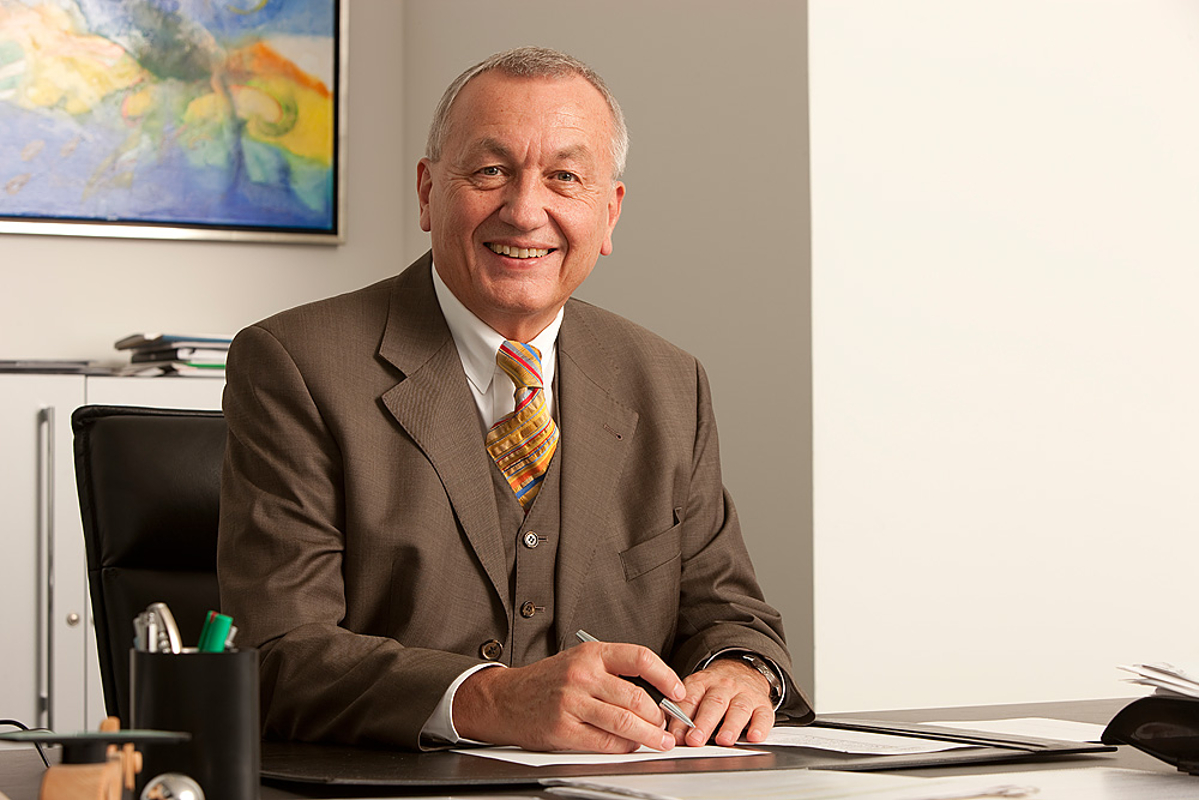COP21 Interview: Energy sector key to cutting CO2, cannot do job alone
CLEW: What would you consider to be a successful outcome of the Paris climate conference?
Uwe Franke: The establishment of a legally-binding agreement with clear long-term goals, a stable policy framework, and monitoring of progress. The lack of an international framework has created uncertainty in the energy sector, and an agreement is key to providing the certainty necessary to spur action. A successful agreement would send the appropriate policy and market signals to incentivise investment, while allowing for countries to utilise flexible instruments to achieve these goals. Furthermore, a successful agreement would include mechanisms to ensure accountability and comparability.
What do you think are the biggest challenges in the process?
The challenge is creating a comprehensive agreement while still taking into account the political, economic, and institutional differences across countries and regions. This requires managing the competing demands of the energy trilemma: environmental sustainability, energy security and energy equity. When it comes to energy security, many countries endowed with fossil fuels resources view decarbonisation as an existential threat. Other countries still struggling to provide access to electricity and lift people out of energy poverty have to balance energy equity concerns with environmental sustainability.
Enabling countries to balance these competing demands also requires the mobilisation of substantial financial investment to develop and deploy technology based solutions. Thus, formulating an agreement that sends the appropriate market signals to foster and spur investment in places where the funding can make the most impact is another major challenge.
What should the German role and the German objective in the negotiations be?
Germany should demonstrate leadership within the EU negotiating team and in its own right to encourage all countries to negotiate in good faith toward an international and binding agreement. Germany should help the EU speak with one voice and urge all stakeholders to come to the table. Germany has already experienced some diplomatic success in negotiating the G7 pledge to move away from fossil fuels, and could capitalise on the goodwill this engendered to build momentum toward an agreement.
What lessons can other countries learn from Germany’s approach to cutting greenhouse gas emissions?
First, countries must design incentives appropriately. Germany’s experience with the feed-in tariff for renewables and charges for the electricity grid - the cost of which ballooned over time and resulted in high electricity prices - should serve as a note of caution. Countries must think carefully about the long-term implications and costs of incentive schemes and policy designs.
Second, countries should ensure any low carbon policy design is based on market principles and sends appropriate market signals to spur investment and deploy appropriate energy resources. For instance, one unintended outcome of the Energiewende is increased coal consumption while highly efficient natural gas plants sit idle, whereas it is exactly these natural gas plants which would complement renewables and help Germany achieve its climate goals.
Third, a transition must be holistic and integrated. This means encompassing all sectors, including transport, buildings, industry, heat and agriculture. Furthermore, such a transition requires investing in all parts of the system, including the grid, to assure new technologies will be integrated.
Fourth, the cost of the Energiewende may be too much to bear for many countries. However, each country should decide what they are willing to pay and who is willing to pay it. An open and inclusive dialogue about who is responsible for these investments and how to share responsibility between the government, the private sector, and the public is crucial. To strengthen the competitiveness of the economy should be key in the Energiewende. This is the most convincing argument for other countries.
Finally, no one size fits all. While there may be components of the Energiewende that other countries could adapt and adopt, different domestic resources and supply contexts, as well as different financial means, levels of development, and geopolitical and geographic characteristics, require tailored solutions.
How would you describe the role of the energy sector in the efforts to take effective action on climate?
The energy sector is crucial to efforts to mitigate climate and must be - and indeed is ready to be - part of the solution. It is impossible to achieve the 2 degrees Celsius target without the energy sector. However, it should not be the only sector expected to shoulder the responsibility, and a huge investment in the sector will be needed to do it. The energy sector can contribute to change across all sectors by pioneering new solutions and technology that can be adopted in other areas, including on the demand side. Provided the proper incentives and policy framework, the energy industry can invest in new technologies to improve efficiency, decrease carbon emissions, and reduce energy intensity. But they cannot do the job alone.

